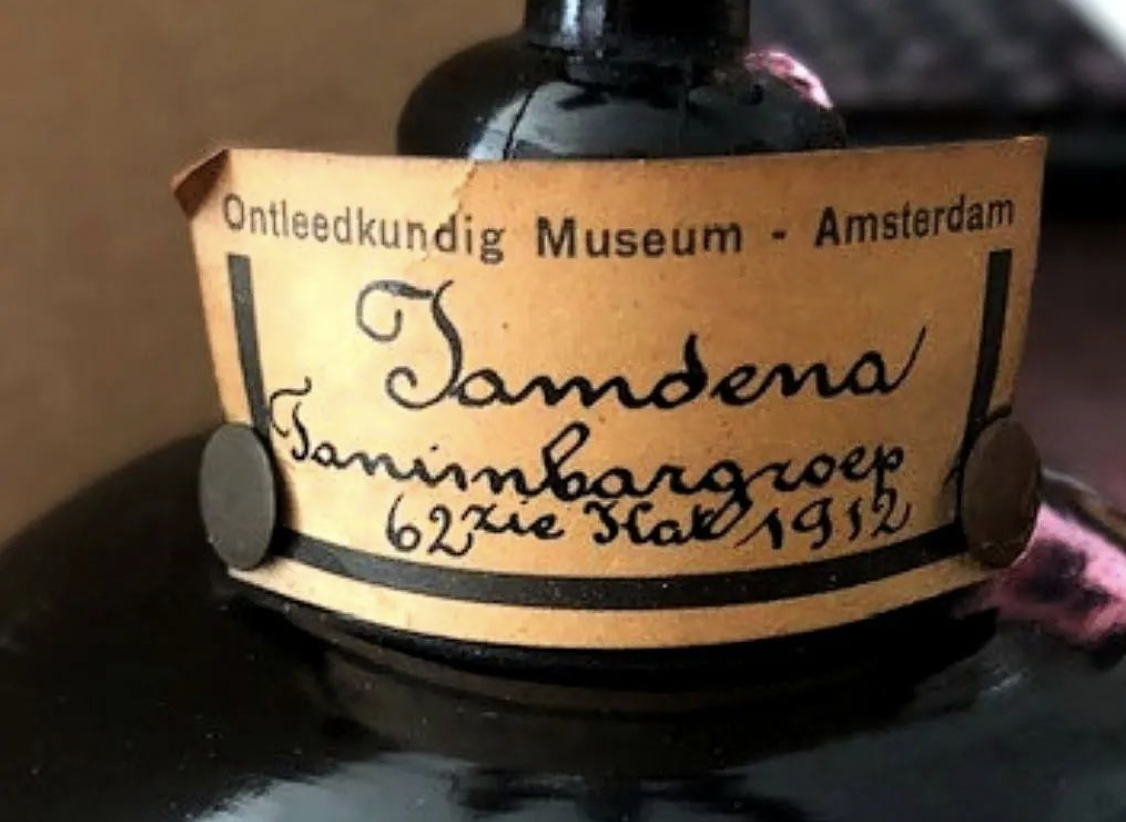Vrolik museum set to return 15 skulls to Moluccan village

The anatomical museum Vrolik at the Amsterdam UMC teaching hospital is returning 15 skulls taken from the Moluccas in what was then the Dutch Indies in 1912.
The chance discovery of a booklet describing the skulls, which were taken in colonial times from the Tanimbar island group in the archipelago, led Menucha Latumaerissa, an advocate for Moluccan heritage repatriation, to the Vrolik museum where the skulls were kept.
Johannes Kleiweg de Zwaan acquired the skulls in 1912, when Indonesia was still a Dutch colony, and used them to illustrate ancestor worship in the islands.
Latumaerissa’s request for their return was immediately welcomed by the director of the museum Laurens de Rooy but took over two years to organise. Both the local island population and the museum are private organisations, ad governments are usually involved when colonial artifacts are returned. The transport, scheduled for November 4, was difficult to organise until the Indonesian embassy stepped in to help, De Rooy said.
The skulls will be accompanied on their 10,000-kilometre journey home by Ivo and Max Maselaman, the only family from the island group resident in the Netherlands. Their father, who fought in the KNIL East Indies army during the Indonesian War of Independence, came to the Netherlands in the 1950s and told his children about the ancestor worship in the islands.
“The stories about the stolen skulls are still being handed down the generations,” Ivo Maselaman told broadcaster NOS. Maselaman said the skulls are almost certainly those of his own ancestors.
“My family is from the village of Amtoefoe which was home to some dozens of families who were all related. When a person died their body was left among the rocks. The skull was then kept above ground in a communal house.”
That is where the skulls will be kept until the museum that is being built for them is ready. The return of the skulls is regarded as a great event by locals, he said.
“This is a Christian community but ancestor worship is still important. You feel part of a greater whole. We are taught that God is the most important, followed by our ancestors and then our parents. And that is what I teach my children,” Maselaman said.
Latumaerissa, who works in customs, said the illegal trade in cultural heritage objects is still rife. The skulls’ return was a “milestone”, he said, but only the beginning. “A lot was stolen from the Dutch Indies. There are thousands of items in the storage rooms of museums and other institutions,” he said, including from the Moluccas.
Thank you for donating to DutchNews.nl.
We could not provide the Dutch News service, and keep it free of charge, without the generous support of our readers. Your donations allow us to report on issues you tell us matter, and provide you with a summary of the most important Dutch news each day.
Make a donation